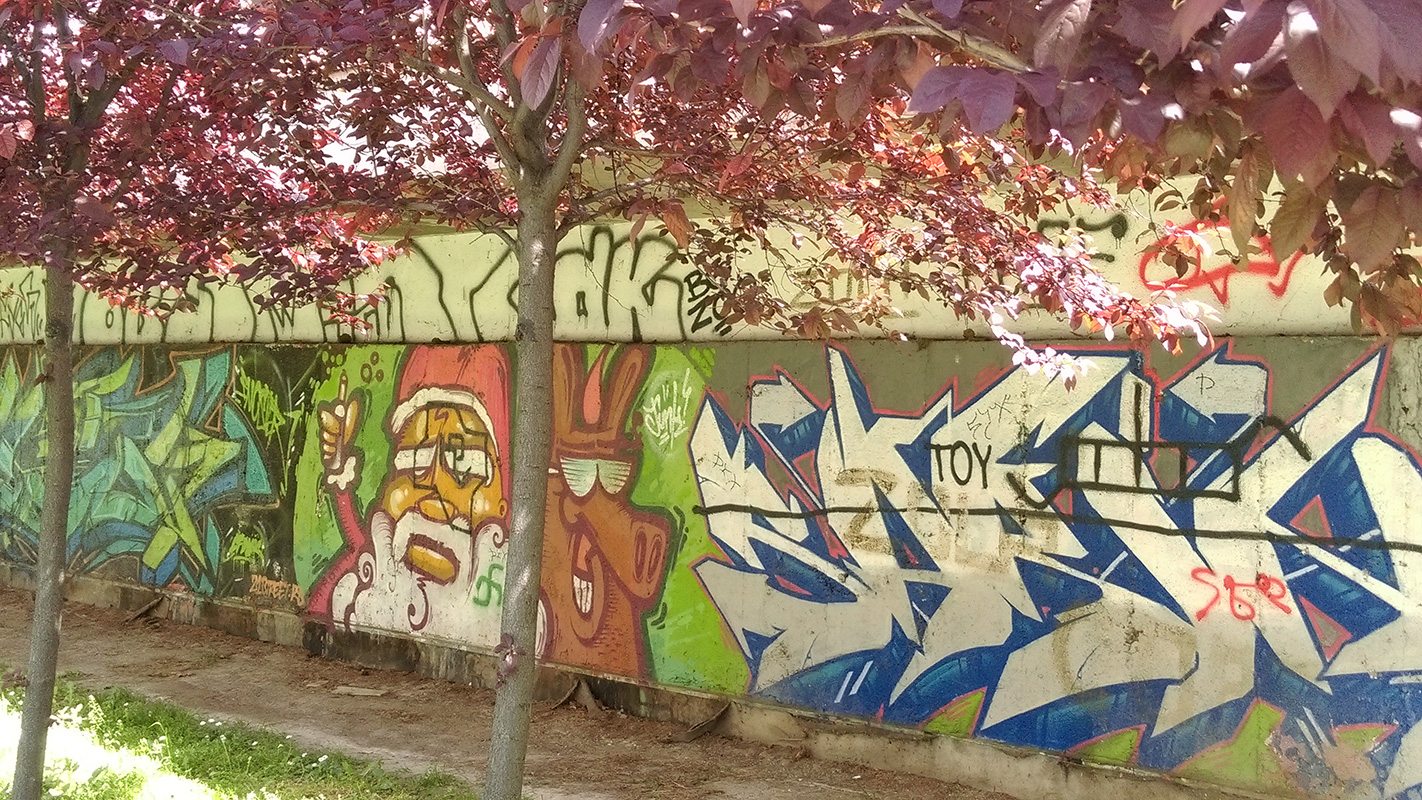Not completely unexpectedly, a person who is a minority according to practically all features of political significance, Ana Brnabic, is going to be Prime Minister, if and for however long she is allowed to be. How will she rule?
She won’t. President Vucic will. Regardless of the fact that the Constitution grants him neither the authority nor the resources for that. He’s not part of executive or any other power. True, he was elected, but not to run the Government or vote for laws in Parliament. The president can rule only during wartime or in a state of emergency. In this case, however, the goal is to merely hold on to power. And not in order to secure influence, which is almost inextricably linked to the position of the President, but to make decisions.
This can be secured in several ways. One of them is to have a competent person, but unsupported by the Government and Parliament, take over the Government. You need a person who won’t be a mere puppet and who doesn’t need hand-holding. A person who knows what the President wants and how to make it happen. The only thing that person is missing is support of the Government and Parliament. And this can be secured only by the President.
When it comes to the Government, there’s always a risk of losing the position. However, when it comes to Parliament, elections can be scheduled any moment, which allows the President to remove disobedient MPs. And, if we’re talking about only a few dissidents, there are ways to discipline them which don’t require emergency elections.
The consequence of this is electoral autocracy. The Prime Minister can’t be independent, because she can’t secure the necessary support. MPs from the governing party and their partners, small parties whose number of MPs doesn’t represent their actual strength, aren’t interested in bringing down the Government, because that could jeopardize their positions, now or after the emergency elections. And, so, all the power is in the hands of the President, who didn’t literally usurp it, but did so indirectly through the elections.
One interesting thing is that there is no shortage of comments saying that this has helped strengthen the pro-Western current and weaken the pro-Russian one. They say that Dacic is going to be political Prime Minister and Brnabic the economic one, while, actually, President Vucic is the only one who is going to communicate with both the West and Russia. Why would Putin be more satisfied with a prominent member of SNS as Prime Minister (no such member exists, thanks to the targeted HR policy) than he would be with direct communication with the omnipotent President? Actually, if anyone should start feeling uncomfortable in all this, it’s precisely the West. Because, at least in principle, it relies on a wider support than the one an autocrat can provide.
How long can this last? It depends on how they will rule and to what end. It will be easier for the new Prime Minister to negotiate with Kosovo and neighboring countries, because those negotiations could be practical, which, in itself, would contribute to stability in the region. If, for example, she was to set a distance in tone and content from Dacic’s and Vulin’s statements, that would be something. That would push forward the Berlin process, which is now definitely the most important instrument of economic and financial intervention of the European Union in this part of the Balkans. It could also help put the relationship with Russia on rational grounds, both regarding the oil industry and Srbijagas. (The other day, the minister of finance said that the state is going to take over Srbijagas’ debt for the sake of consumers, and not because of bad deals and management. I assume that the new Prime Minister could say that there are other ways to subsidize consumers, if that is truly the goal, and to keep Srbijagas doing business successfully.) Those could be political reasons for someone who doesn’t fulfill any criteria for being Prime Minister to agree to take the job.
But, political decisions will be made by President Vucic and they will depend on whether he will be able to secure the stability of his autocratic power. And given the fact that the whole construction is deprived of legitimacy, stability should be hard to achieve.
Translated by Marijana Simic
Peščanik.net, 21.06.2017.
- Biografija
- Latest Posts
Latest posts by Vladimir Gligorov (see all)
- Kosmopolitizam je rešenje - 21/11/2022
- Oproštaj od Vladimira Gligorova - 10/11/2022
- Vladimir Gligorov, liberalni i nepristrasni posmatrač Balkana - 03/11/2022



